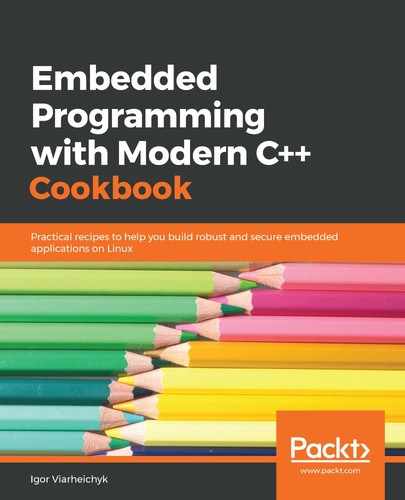For a long time, development for embedded systems required either plain C or assembly language. There was a host of good reasons for this. The hardware did not have enough resources to run applications written in higher-level programming languages, such as C++, Java, or Python, but more importantly, there was no real need to write software in these languages. Limited hardware resources put a limit on software complexity, the functionality of embedded applications remained relatively simple, and the capabilities of C were sufficient to implement it.
As a result of the progress in hardware development, more and more embedded systems nowadays are powered by inexpensive yet powerful System-on-Chip capable of running a general-purpose multitasking operating system such as Linux.
Growing hardware capabilities demand more complex software, and more and more often C++ becomes the language of choice for new embedded systems. With its you don't pay for what you don't use approach it allows developers to create applications that use computational and memory resources, like applications written in C, but gives developers many more tools for dealing with complexity and safer resource management, such as object-oriented programming and the RAII idiom.
Seasoned embedded developers with substantial experience in C often tend to write code in C++ in a similar, habitual way, considering this language just as an object-oriented extension of C, a C with classes. Modern C++, however, has its own best practices and concepts that, properly used, help developers avoid common pitfalls and allow them to do a lot in a few lines of code.
On the other side, developers with C++ experience entering the world of embedded systems should be aware of the requirements, limitations, and capabilities of specific hardware platforms and application domains and design their C++ code accordingly.
The goal of this book is to bridge this gap and demonstrate how features and best practices of modern C++ can be applied in the context of embedded systems.
